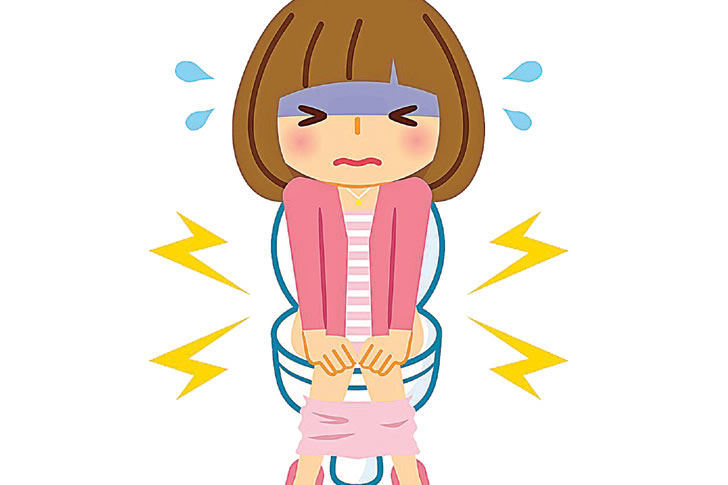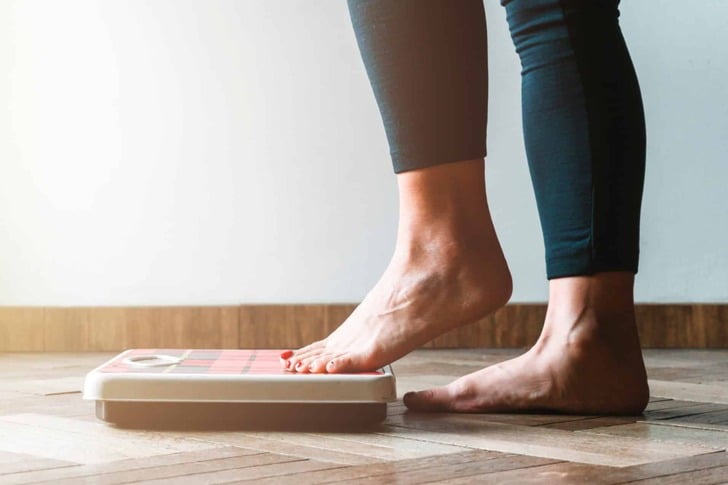Ease Constipation with Diet and Exercise
Constipation affects millions globally, causing discomfort and impacting quality of life. Dietary changes and regular exercise can greatly alleviate constipation and improve digestive health. Let’s explore effective strategies.

Understanding Constipation
Constipation is generally defined as having fewer than three bowel movements per week. Symptoms can include hard, dry stools, difficulty passing stools, and a sensation of incomplete evacuation. While occasional constipation can be a normal occurrence, chronic constipation can be a sign of underlying health issues and may require medical attention.
Factors that contribute to constipation include a low-fiber diet, insufficient fluid intake, sedentary lifestyle, stress, and certain medications. By addressing these factors through dietary and lifestyle changes, you can improve your bowel health and overall well-being.
Dietary Changes to Alleviate Constipation
1. Increase Fiber Intake
Fiber is crucial in promoting regular bowel movements. There are two types of dietary fiber: soluble and insoluble.
- Soluble Fiber: Found in oats, beans, lentils, apples, and citrus fruits, soluble fiber helps to soften stools by absorbing water, making them easier to pass.
- Insoluble Fiber: Found in whole grains, nuts, seeds, and vegetables, insoluble fiber adds bulk to stools and helps move them through the digestive tract.
Aim for a daily fiber intake of 25 to 30 grams. Gradually increase fiber in your diet to avoid gas and bloating.
2. Stay Hydrated
Proper hydration is essential in preventing constipation. Water helps dissolve dietary fiber, allowing it to do its job more effectively. Aim to drink at least 8 cups (64 ounces) of water daily. Additionally, hydrating foods such as fruits (watermelon, oranges) and vegetables (cucumbers, lettuce) can also contribute to your fluid intake.
3. Include Probiotics
Probiotics are beneficial bacteria that help maintain a healthy gut. They can improve digestion and promote regular bowel movements. Incorporate probiotic-rich foods into your diet, such as yogurt, kefir, sauerkraut, kimchi, and other fermented foods.
4. Limit Processed Foods
Processed and junk foods are often low in fiber and high in unhealthy fats and sugars, which can lead to constipation. Limit your intake of fast food, sugary snacks, and white bread, focusing instead on whole, unprocessed foods.
5. Eat Smaller, Frequent Meals
Eating smaller meals more frequently can be beneficial for digestion. Large meals can put pressure on the digestive system, making it harder to process food. Opt for five to six smaller meals throughout the day instead of three large ones.
Exercise for Digestive Health
Exercise plays a vital role in promoting healthy digestion and easing constipation. Regular physical activity helps stimulate the digestive tract and improve bowel function.
1. Aerobic Exercise
Engaging in aerobic exercises such as walking, running, cycling, or swimming can enhance gut motility. Aim for at least 150 minutes of moderate aerobic activity per week. This can be broken down into shorter sessions throughout the week.
2. Strength Training
Incorporating strength training into your routine two to three times a week can also benefit digestive health. Building muscle helps improve metabolism and overall gut function.
3. Stretching and Yoga
Certain yoga poses and stretches can relieve tension in the abdominal area, promoting better digestion. Poses like the “Child’s Pose,” “Cat-Cow Stretch,” and “Supine Twist” can be particularly helpful in easing constipation.
4. Daily Movement
Incorporating more movement into your daily routine can also help. Simple actions like taking the stairs, walking during lunch breaks, or performing household chores can contribute positively to bowel health.
Additional Tips for Managing Constipation
- Establish a Routine: Try to have a consistent time each day for bowel movements, as this can help train your body to respond.
- Don’t Ignore the Urge: If you feel the urge to go, don’t put it off. Delaying can lead to harder stools and increased difficulty in passing them.
- Consult a Healthcare Professional: If lifestyle changes do not alleviate constipation, or if it persists, consult a healthcare professional for further evaluation and guidance.
Final Thoughts
Constipation can be a frustrating condition, but making conscious dietary choices and incorporating regular exercise into your routine can significantly ease symptoms and improve overall digestive health. Focus on a balanced diet rich in fiber, stay hydrated, and maintain an active lifestyle for optimal results. Remember, your digestive health is closely linked to your overall well-being, so taking care of your body is a step toward a happier, healthier life. If you continue to experience issues, don’t hesitate to reach out to a healthcare provider for personalized support.
-

Unlocking the Potential of Savings Accounts and Interest Rates
-

Maximizing Your High-Speed Internet: A Practical Guide
-

Empowering Seniors with 5G Technology: Tips and Advice
-

Effective Strategies to Reduce Belly Fat Through Diet and Exercise
-

Affordable Home Care Services: Professional Care Tips You Need









